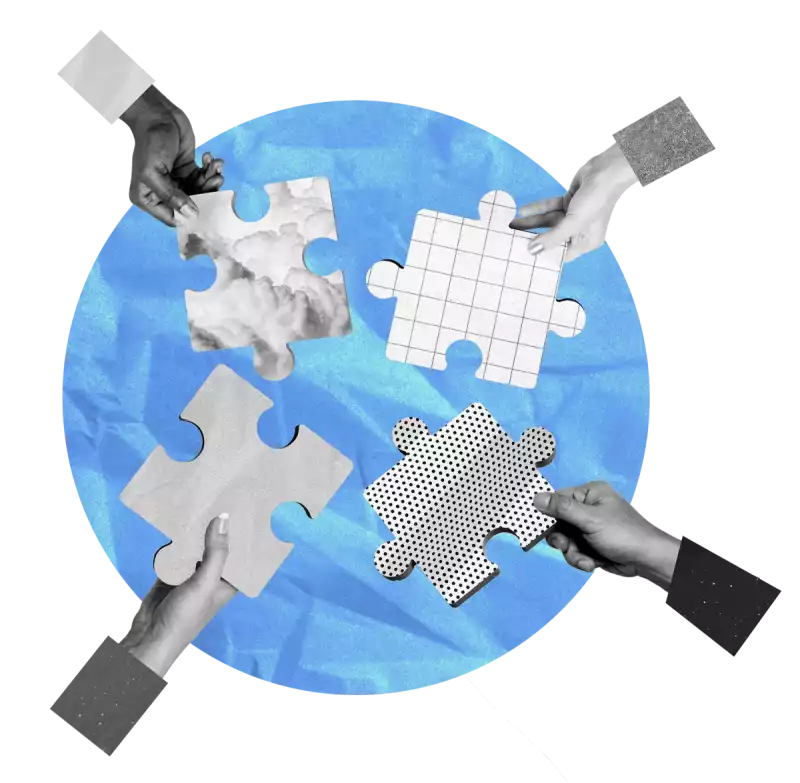Models, metrics and insights
This Working Paper provides a theoretical and practical contribution to strengthening the evidence base for anti-corruption Collective Action – i.e. collaborative efforts by diverse actors from the private sector, civil society and public institutions to address integrity challenges that no single actor can resolve alone.
It combines a new conceptual framework for Collective Action initiatives, updated data and practical tools. Together, these will help researchers, practitioners and policymakers compare initiatives, test assumptions and design more effective collaborations.
The paper provides insights into how Collective Action works in practice; the impact of different social and political environments; how to link Collective Action with real-world improvements in corruption prevention; and whether initiatives’ activities are actually contributing to their stated goals.
About this report
This paper is made possible through the support of the Siemens Integrity Initiative.
The paper is published as part of the Basel Institute on Governance Working Paper series, ISSN: 2624-9650. You may share or republish it under a Creative Commons BY-NC-ND 4.0 International Licence.
The contents are the sole responsibility of the authors and do not necessarily reflect the official position of the Basel Institute on Governance, its donors and partners, or the University of Basel.
Suggested citation: Binder, Lucie, Joseph Pozsgai-Alvarez and Giovanna Rodriguez-Garcia. 2025. ‘Mapping and strengthening the evidence base for anti-corruption Collective Action: Models, metrics and insights.’ Working Paper 57, Basel Institute on Governance. Available at: baselgovernance.org/publications/wp-57.











